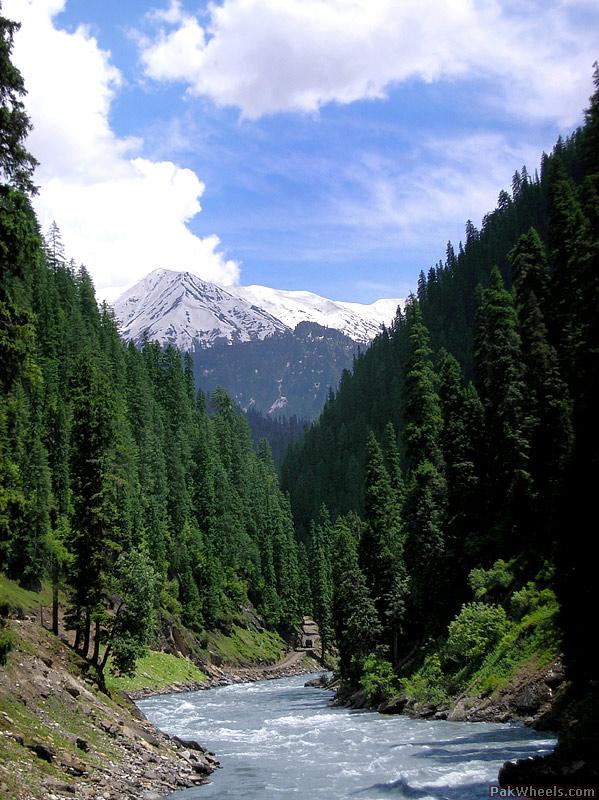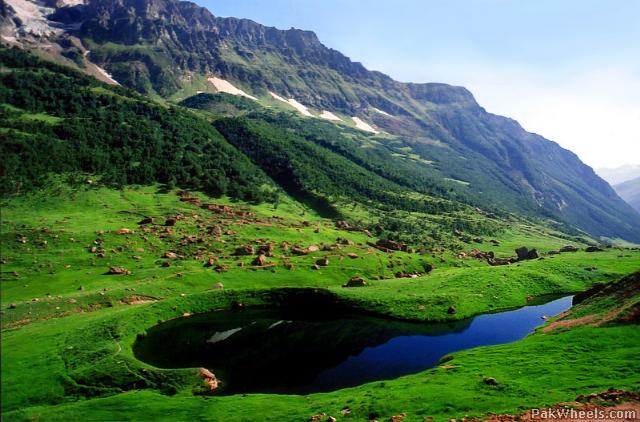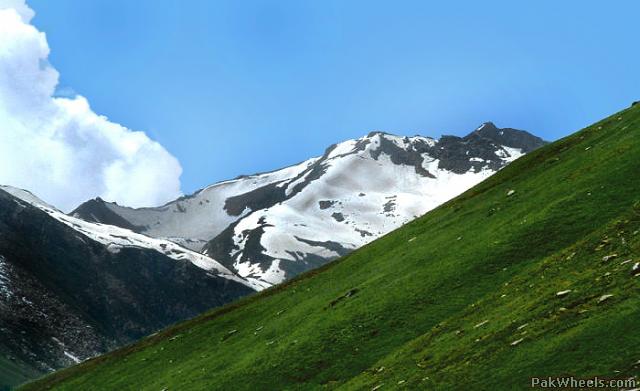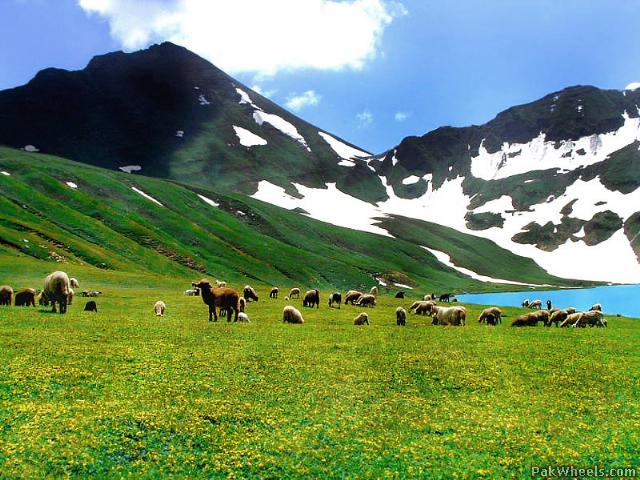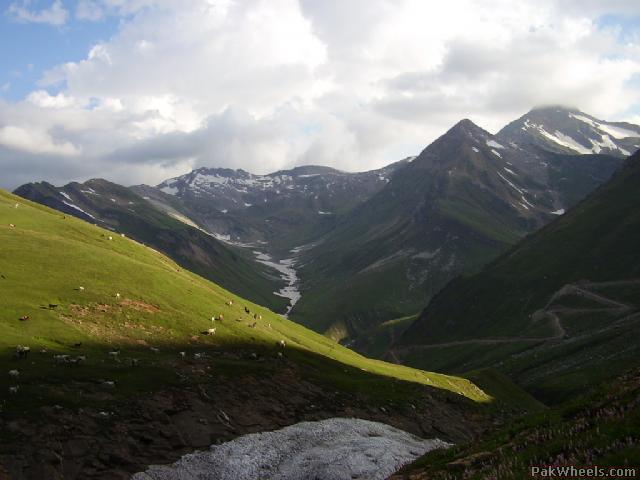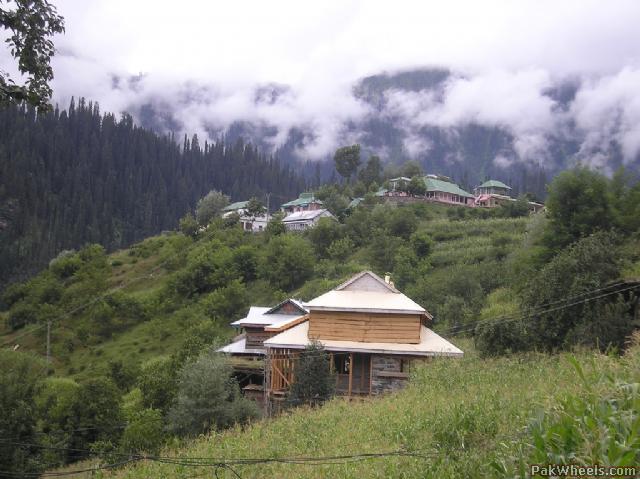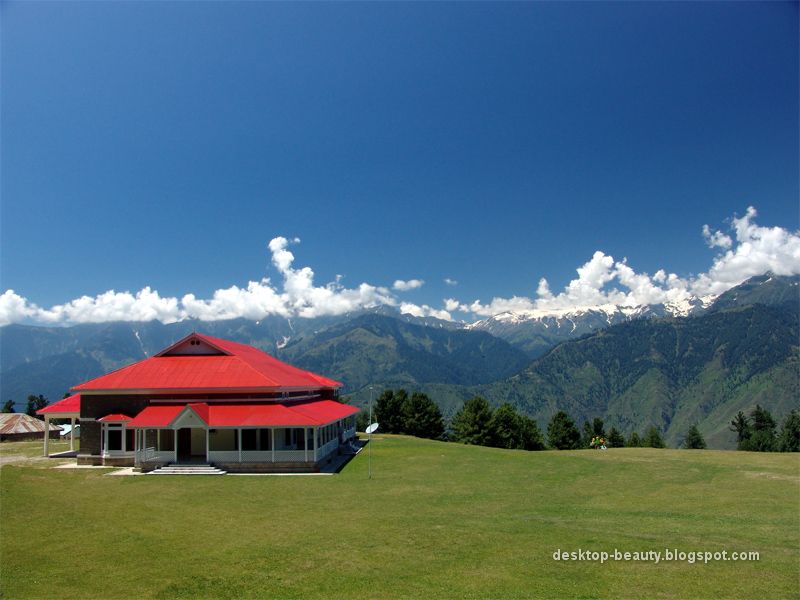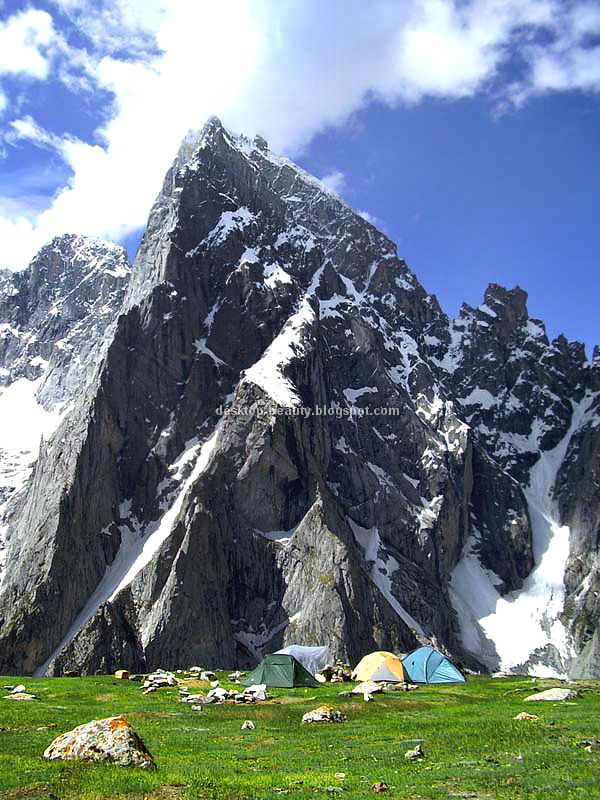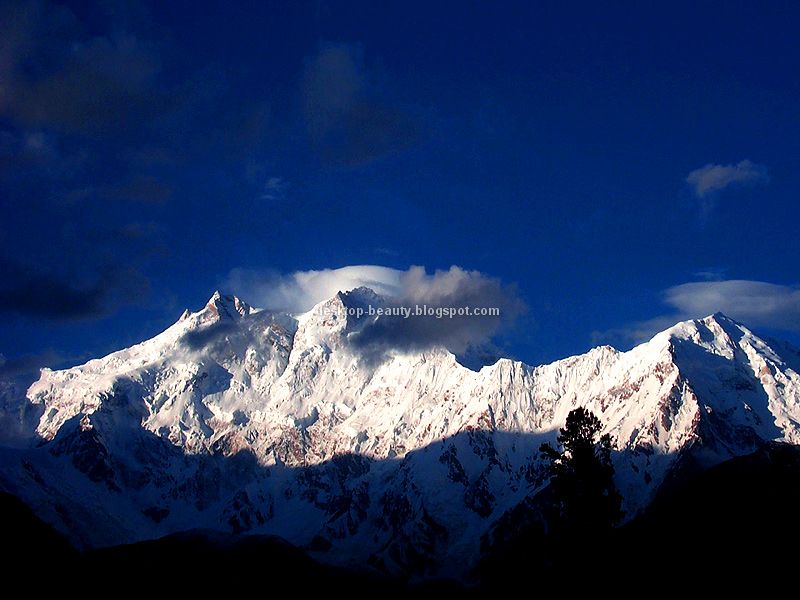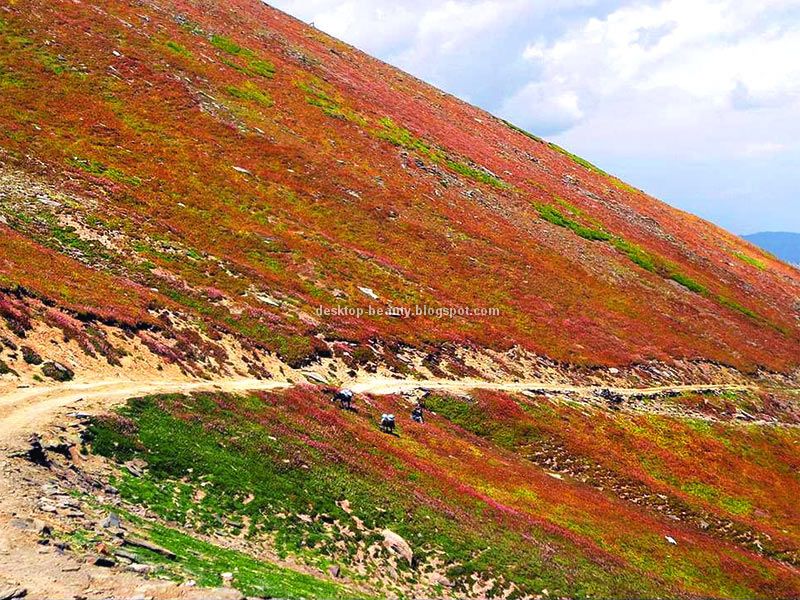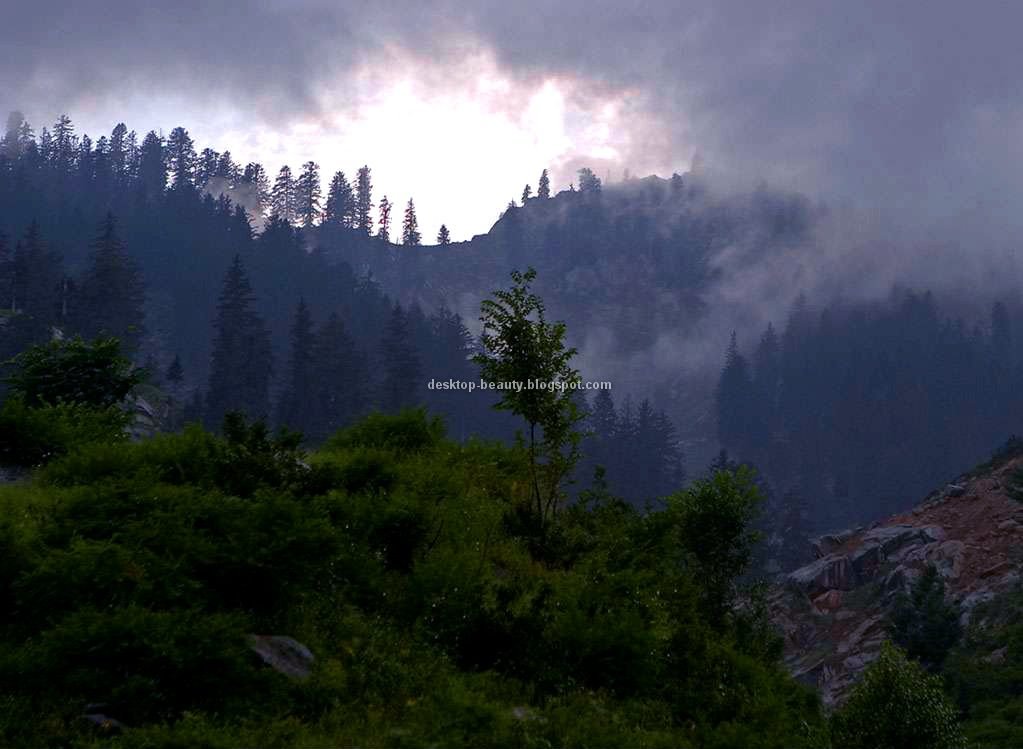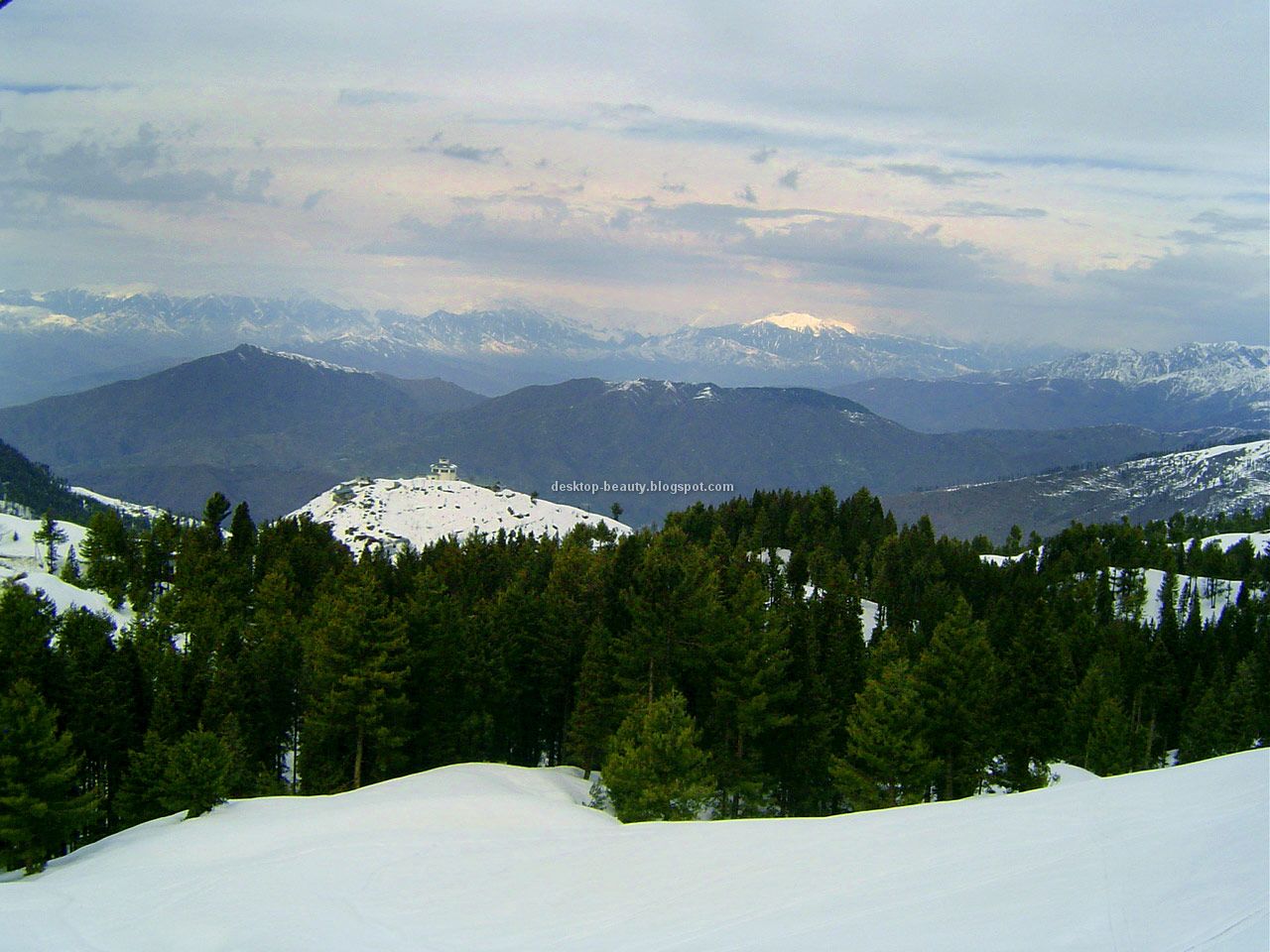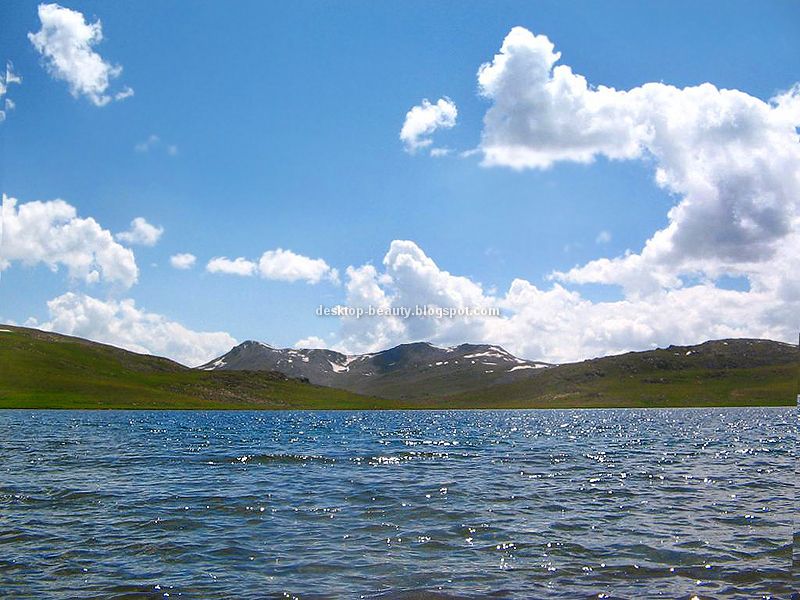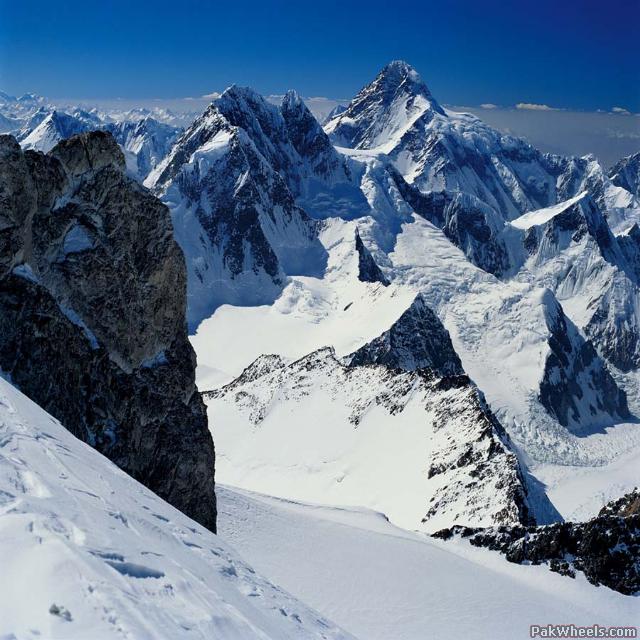Pakistanis among the most philanthropic people in the U.S.
by Hussain, S. Amjad
A CIVIL society depends on the generosity of its citizens for the support and strengthening of its basic fabric. Charitable giving adds to the beauty and durability of the warp and weft of this fabric.
Americans, considered the world's most generous people, give away $240 billion a year to charitable causes and a full
75 percent comes not from big corporations or foundations but
from individual donors. About 86 percent of American households share their blessings.
America is not a monolith but a sum total of its numerous ethnic groups. Among this mosaic is a relatively small group, 500,000 by some conservative estimates, who lead the pack in charitable giving. They are the Pakistani-Americans.
There is a general assumption that immigrants in general and recent arrivals in particular tend not to give as much or as often as the established ethnic groups. This assumption also considers Pakistanis as more clannish, more inward-looking and thus not inclined to share their money with others in the society.
Not true, says professor Adil Najam, director of the Pardee Center for the Study of Long Range Future at Boston University. Mr. Najam shared the 2007 Nobel Peace Prize with former Vice President Al Gore and the scientists who served on Mr. Gore's International Climate Council.
Recently Mr. Najam discussed the
findings of an extensive survey of Pakistani expatriates in the United States that was published in his 2006 book, Portrait of a Giving Community: Philanthropy by the Pakistani-American Diaspora (Published by Global Equity Institute of the Asia Center at Harvard University).
Taking the colors and hues from the pallet of his methodical and extensive research, Mr. Najam paints a flattering picture of Pakistanis in America.
There are
approximately 500,000 people of Pakistani origin in America who give away $250 million in cash and kind every year. In addition, they
contribute more than 43 million hours to volunteer work which, when
translated in monetary terms, come to $750 million, making the
total giving an impressive $1 billion.
Forty percent of this giving goes to charities in Pakistan and an additional 20 percent to Pakistani causes in this country. Forty percent is donated to causes that have no connection with Pakistan.
In the post 9/11 climate, support of causes in Pakistan has declined because of fear of sending money abroad and a relative lack of clarity about restrictions on foreign remittances.
The most striking finding, however, was that
Pakistani-Americans give 3.5 percent of their estimated household income to charity, whereas the
national average in America is 3.1 percent. And yet, the researchers found, Pakistani-Americans suffer from what Mr. Najam calls a misplaced sense of philanthropic inferiority.
Somehow, Pakistanis believe that they do not give as much as some other ethnic communities in America. They also think that people living in Pakistan give proportionally more to charities than they do.
The study also found some interesting idiosyncrasies.
Most Pakistani giving, for example,
has a faith-based motivation. Pakistanis
also tend to give to individuals in need rather than to charitable organizations. This, in part, is the result their
general distrust of charitable organizations, here in the U.S. but particularly in Pakistan.
Though they do appreciate and
trust faith-based charitable organizations, Pakistanis still prefer to give to individuals rather than to organizations. They just have no confidence in the Pakistani government and the myriad nongovernmental organizations to use their donated money wisely and prudently.
It is a shame that because of historic distrust of the government and other organizations,
Pakistani-Americans are not helping institution-building in their native land. Giving to individuals and families in need is commendable and gratifying in the short term. One can see the results immediately and in real time. But the future direction of a country or people is set not by feeding a hungry person but by building and nurturing institutions.
I met Mr. Najam last week in Detroit, where he spoke at a fund-raiser for the Human Development Foundation. The foundation, based in Chicago, works in Pakistan to
ameliorate poverty by improving literacy, providing micro-credit and vocational training for women, and other activities in rural and so-called backward areas of the country.
In one evening the group, true to Mr. Najam's research,
raised $250,000.
Philanthropy is an attitude that is not dependent on the amount of wealth one has. People give because they want to spread the blessings around for the greater good of the society and humanity.
Pakistani-Americans, to their credit,
are trend setters in this arena.
http://toledoblade.com/apps/pbcs.dll/article?AID=/20080520/COLUMNIST12/805200315

